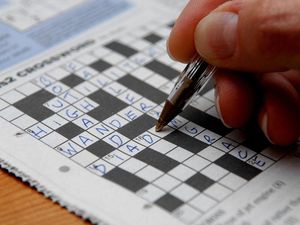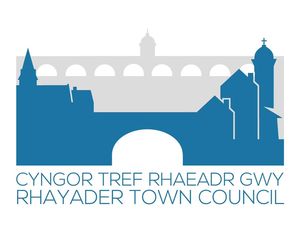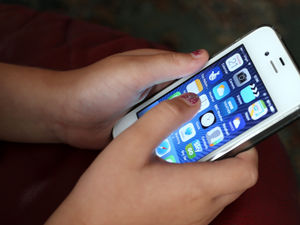Doing crosswords is good for your brain, study suggests
Researchers have found that regularly engaging with word puzzles improves attention, reasoning and memory.

People who do daily crosswords or puzzles have sharper brains in later life, a study suggests.
Experts analysed data from more than 17,000 healthy people aged 50 and over submitted in an online trial.
The team at the University of Exeter Medical School and Kings College London asked participants how frequently they played word puzzles such as crosswords.

They found that the more regularly participants engaged with word puzzles, the better they performed on tasks assessing attention, reasoning and memory.
From their results, researchers calculate that people who engage in word puzzles have brain function equivalent to 10 years younger than their age, on tests of grammatical reasoning speed and short-term memory accuracy.
“Performance was consistently better in those who reported engaging in puzzles, and generally improved incrementally with the frequency of puzzle use.”
The scientists are hoping their work will identify the lifestyle factors that will help people maintain healthy brains.
Professor Clive Ballard, also from the University of Exeter, said: “We can’t yet say that crosswords give you a sharper brain, the next step is to assess whether encouraging people to start playing word games regularly could actually improve their brain function.”






